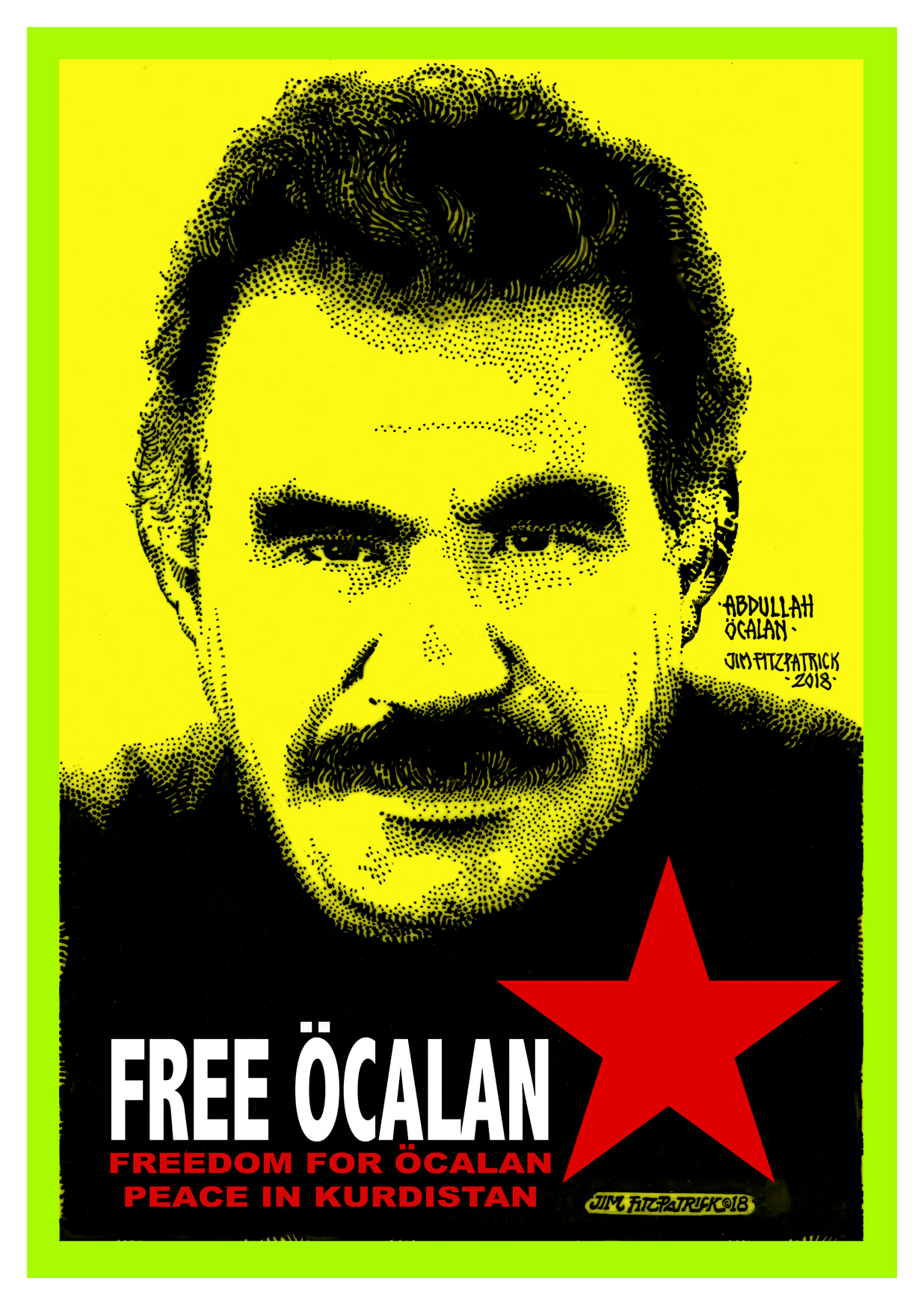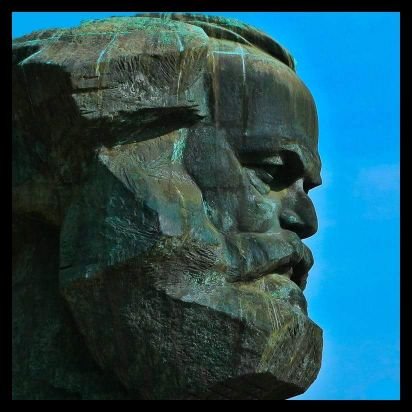«Marx, classical political economy and the problem of dynamics»: Henryk Grossman
 The dominant view of Marx is to regard him as a student of and successor to the Classical economists ; as an economist who ‘completed’ that work .(1) The result is a precisely formulated conception : the labour theory of value, as expounded by Smith and Ricardo, in essence leads on to socialism – a consequence left unstated by the theory’s founders . Marx was the first to think Ricardo’s theory through to its conclusion, completing the latter’s final unstated words, as it were . (2) However, this interpretation begins to look extremely questionable when it is viewed from the vantage point provided by the crtique of political economy, which posits that ‘the development of political economy and of the opposition to which it gives rise keeps pace with thereat development of the social contradictions and class conflicts inherent in capitalist production’ .(3)
The dominant view of Marx is to regard him as a student of and successor to the Classical economists ; as an economist who ‘completed’ that work .(1) The result is a precisely formulated conception : the labour theory of value, as expounded by Smith and Ricardo, in essence leads on to socialism – a consequence left unstated by the theory’s founders . Marx was the first to think Ricardo’s theory through to its conclusion, completing the latter’s final unstated words, as it were . (2) However, this interpretation begins to look extremely questionable when it is viewed from the vantage point provided by the crtique of political economy, which posits that ‘the development of political economy and of the opposition to which it gives rise keeps pace with thereat development of the social contradictions and class conflicts inherent in capitalist production’ .(3)
Marx distinguishes four phases in the development of political economy : the first embraces the period of ‘Classical political economy’, and the remaining three the various stages of ‘Vulgar Economics’. For Marx, the factor which unites the representatives of Classical political economy into one intellectual school is the basic similarity of their historical situation, despite their sometimes great individual differences, e .g . between Petty, Hume and the Physiocrats, and between the latter and Smith or Ricardo .(4) This period was that of the coming into being of modern capitalism, hence the modern working class, and consequently a time in which the ‘class struggle . . . was as yet undeveloped’ . (5)
Classical political economy is the expression of industrial capitalism during its rise and struggle for power ; its theoretical and practical thrust is not directed against the proletariat, which is still weak, but against the representatives of the old society, the feudal landowners and out-moded usurers . The feudal -forms of ground-rent and ‘antediluvian’ interest-bearing capital, ‘must first be destroyed as independent forms and subordinated to industrial capital’ .(6)
Ricardo’s theory of ground-rent, as Hume’s critique before it, (7) was aimed directly at feudal land-ownership ; at the same time Ricardo’s theory of value did, in theory, announce the possibility of a struggle between capitalist and wagelabourers. The industrial bourgeoisie and its theory are still ‘naive’, and can afford to engage in the pursuit of truth without regard for the possible dangers and consequences, as yet unsuspected, which follow from its own principles . The Classical economists consequently expound the labour theory of value without any fear of theoretically raising the contradictions between the working class and the propertied class which can be derived from it,(8) or of establishing the distinction between productive and unproductive labour – which for them was chiefly meant to embrace the representatives of the feudal occupations.
Marx, classical political economy and the problem of dynamics I
Marx, classical political economy and the problem of dynamics II
Translated by Pete Burgess


























